It's pretty simple
This calculation is based on monthly susbscription plans. If the user subscribes for yearly plan, the numbers may differ but you still get 30% commission on every single payment the users you referred make.
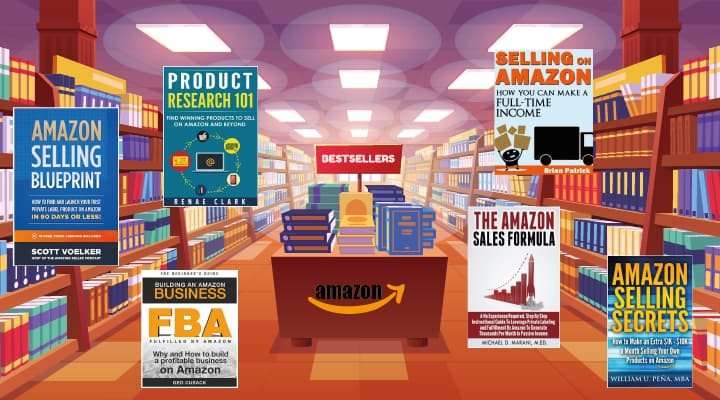
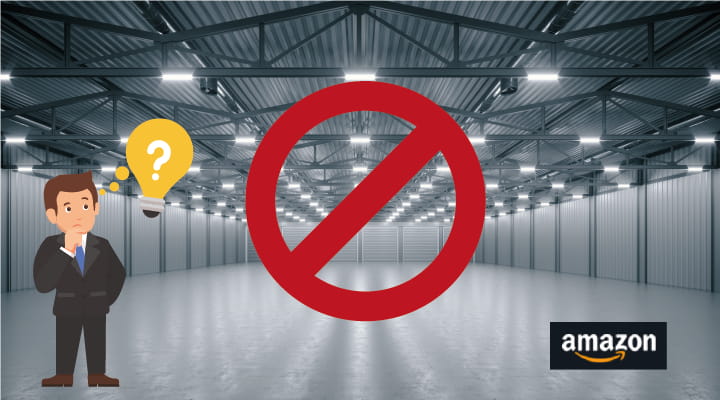
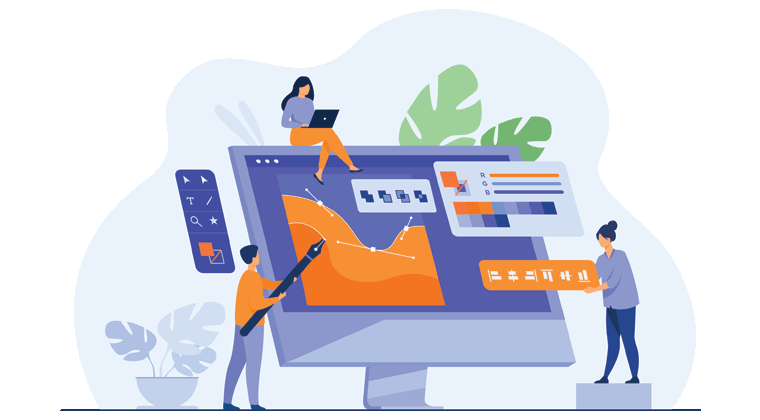
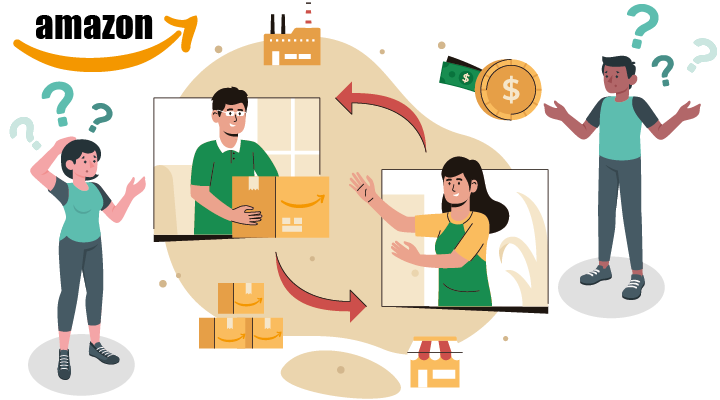
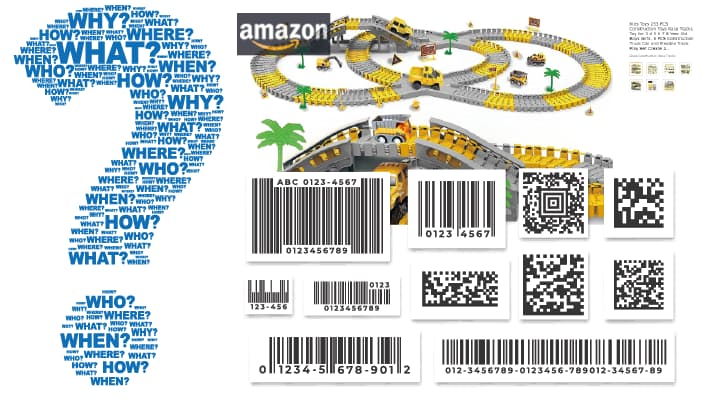
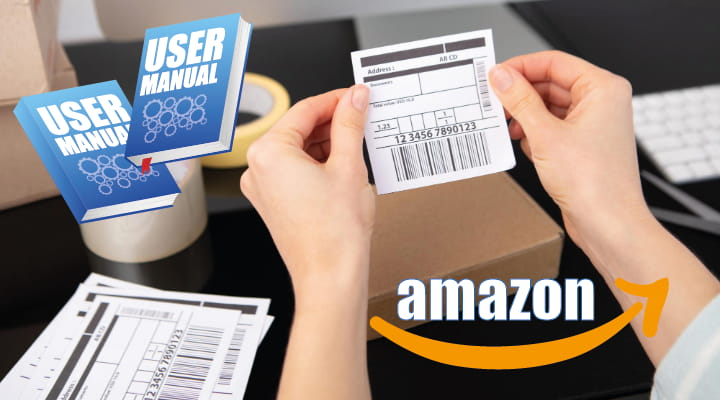
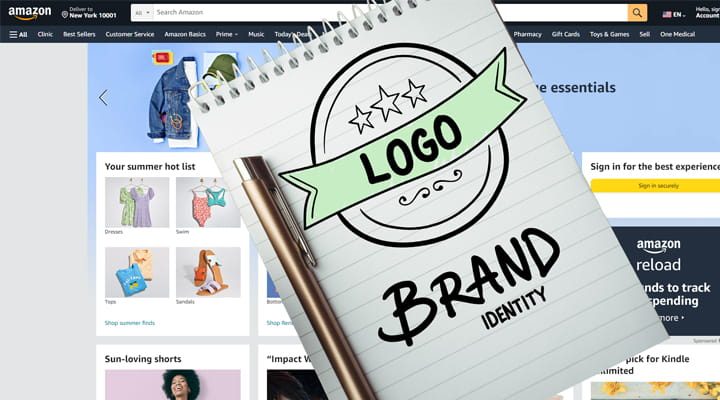
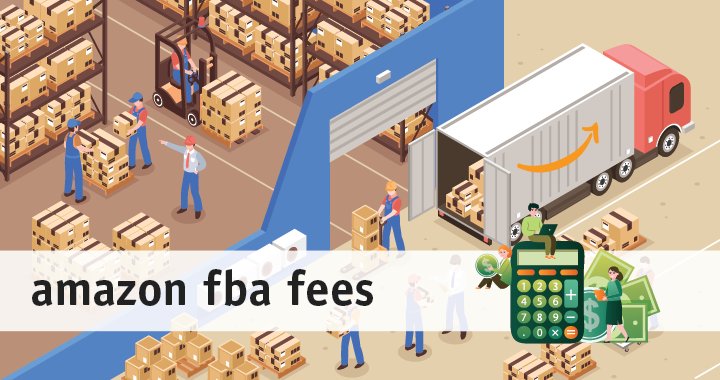
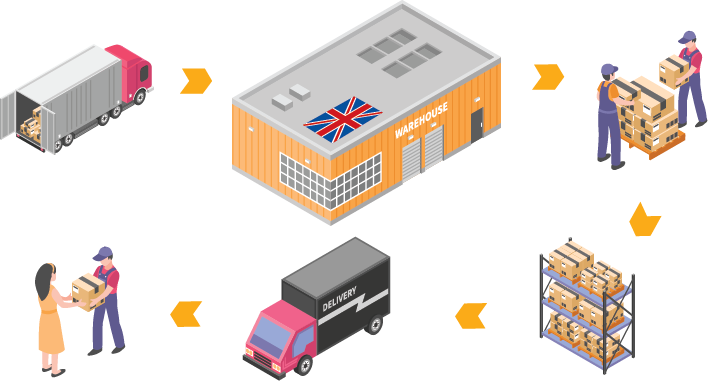
Yes, Amazon FBA can be profitable, but it depends on factors like product choice, pricing, and effective management.
Amazon FBA (Fulfillment by Amazon) is a service where Amazon stores, picks, packs, and ships products on behalf of sellers, and also handles returns and customer service.
Starting costs vary widely, typically ranging from $500 to $10,000, depending on product type, quantity, and other startup expenses.
Yes, it can be good for beginners, but it requires research, investment, and learning about Amazon's marketplace and FBA process.
Amazon charges monthly fees starting at $39.99 for a Professional account, plus additional fees based on storage and fulfillment.
Yes, it can be worth starting, but competition is high, and success requires a well-researched strategy and commitment.
Selling on Amazon is accessible, but it requires understanding the platform's rules, competition, and effective marketing strategies.
A good budget varies, but having at least $2,000 to $5,000 can be a reasonable start for covering inventory, marketing, and other initial costs.
No, Amazon FBA is not free. It involves fees for account management, storage, fulfillment, and other services.
Amazon pays sellers every two weeks, depositing earnings into their bank account after deducting fees and charges.
No, shipping products to Amazon's fulfillment centers is not free and is typically paid by the seller.
Ideal products are in demand, have low competition, good profit margins, and align with your interests or expertise. Research and market analysis are key.
An Amazon FBA course typically covers product selection, sourcing, Amazon's FBA policies, marketing, and sales strategies.
Amazon FBA training provides knowledge on Amazon's marketplace, FBA logistics, and effective online selling strategies.
Different Amazon FBA courses vary in depth, specialization, instructor experience, and practical versus theoretical focus.
An Amazon FBA course teaches selling strategies through case studies, market analysis, and real-world examples.
Yes, there are many beginner-friendly Amazon FBA training courses focusing on foundational FBA knowledge and basic selling techniques.
Advanced Amazon FBA courses cover complex strategies like scaling, advanced marketing, and international expansion.
Reputable Amazon FBA courses regularly update their content to reflect the latest Amazon FBA policies and market trends.
Success rates vary, but a comprehensive Amazon FBA course can significantly improve the chances of success in the FBA marketplace.
Yes, some Amazon FBA courses specialize in niche selection, teaching how to identify and capitalize on specific market segments.
Amazon FBA training courses often include modules on inventory management, logistics planning, and supply chain optimization.
Post-course support varies, but may include alumni networks, mentorship, and access to exclusive resources or forums.
Costs of Amazon FBA courses vary; benefits depend on course quality, relevance, and applicability to your FBA business.